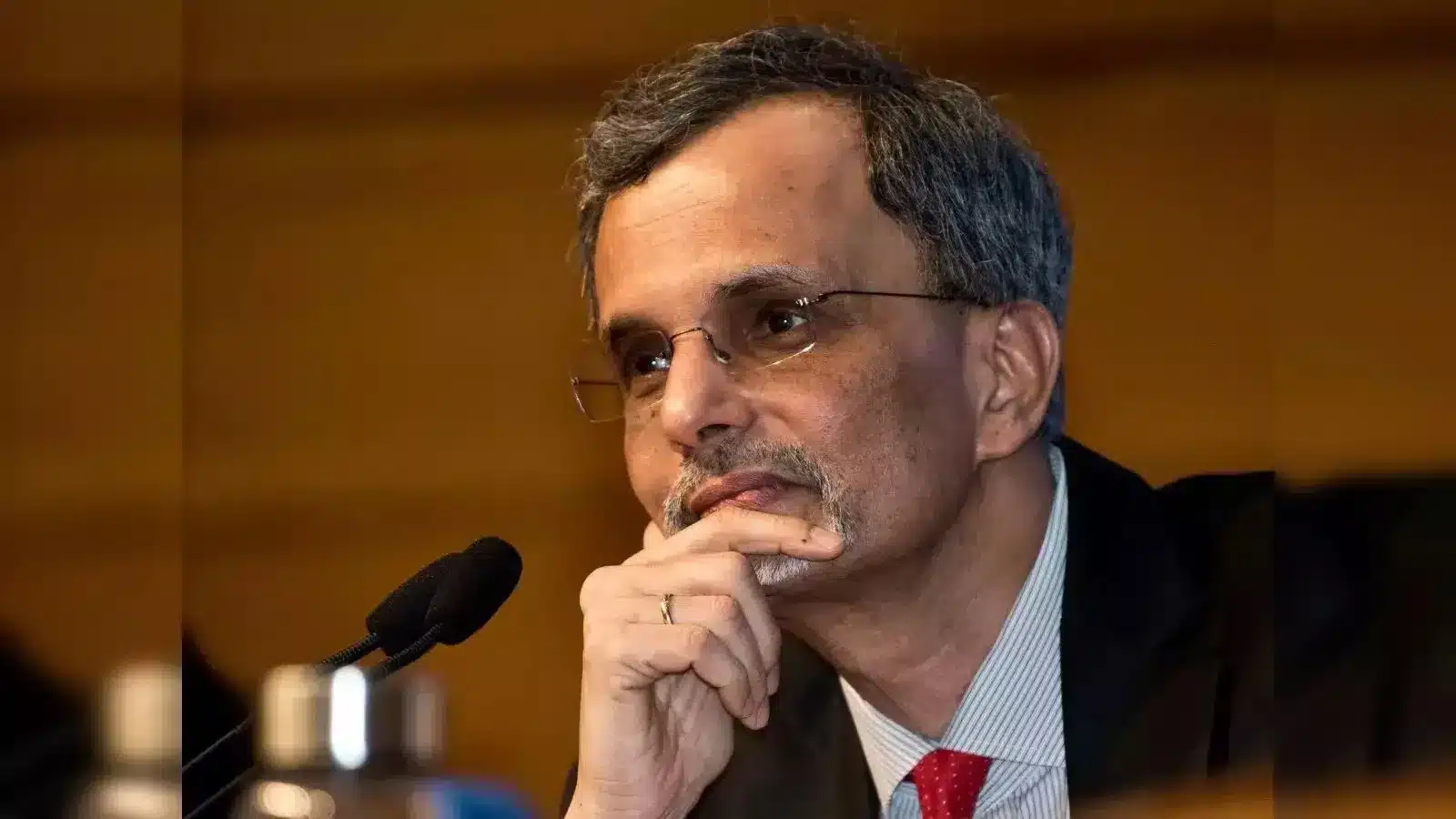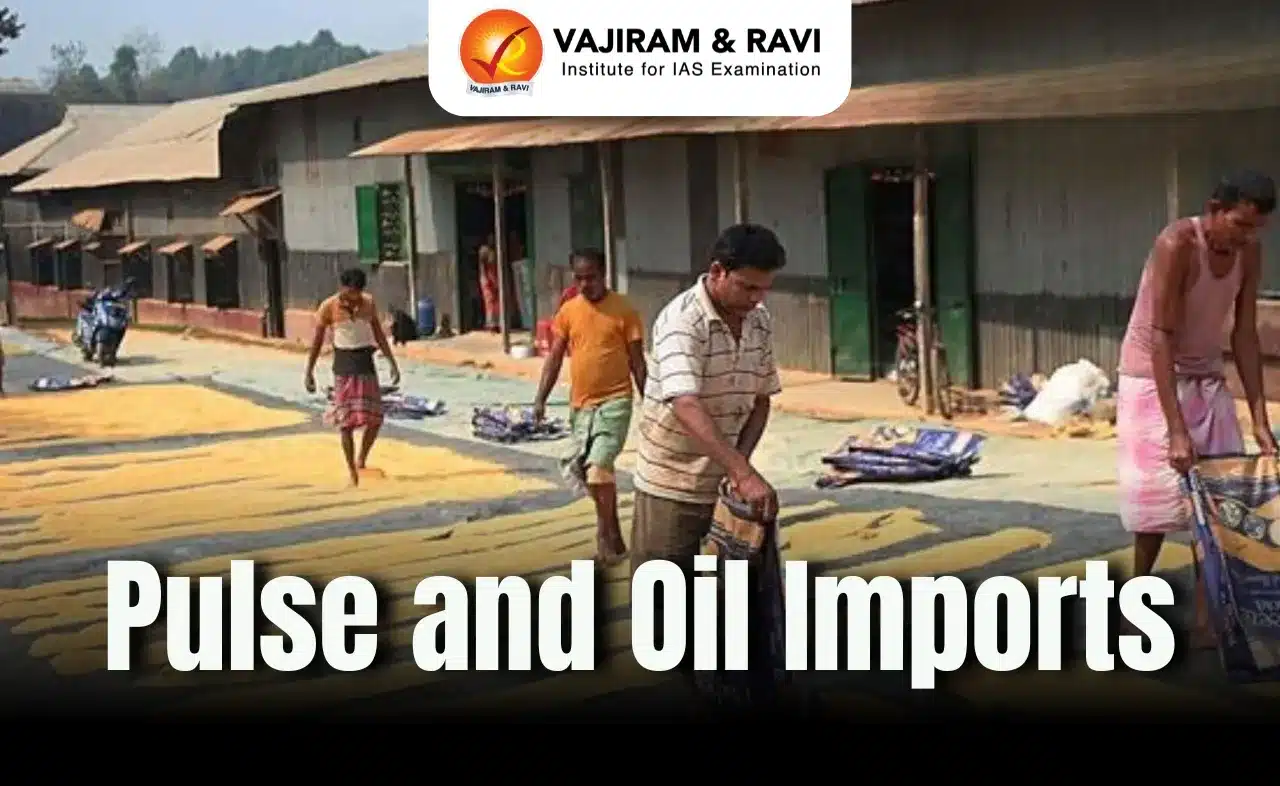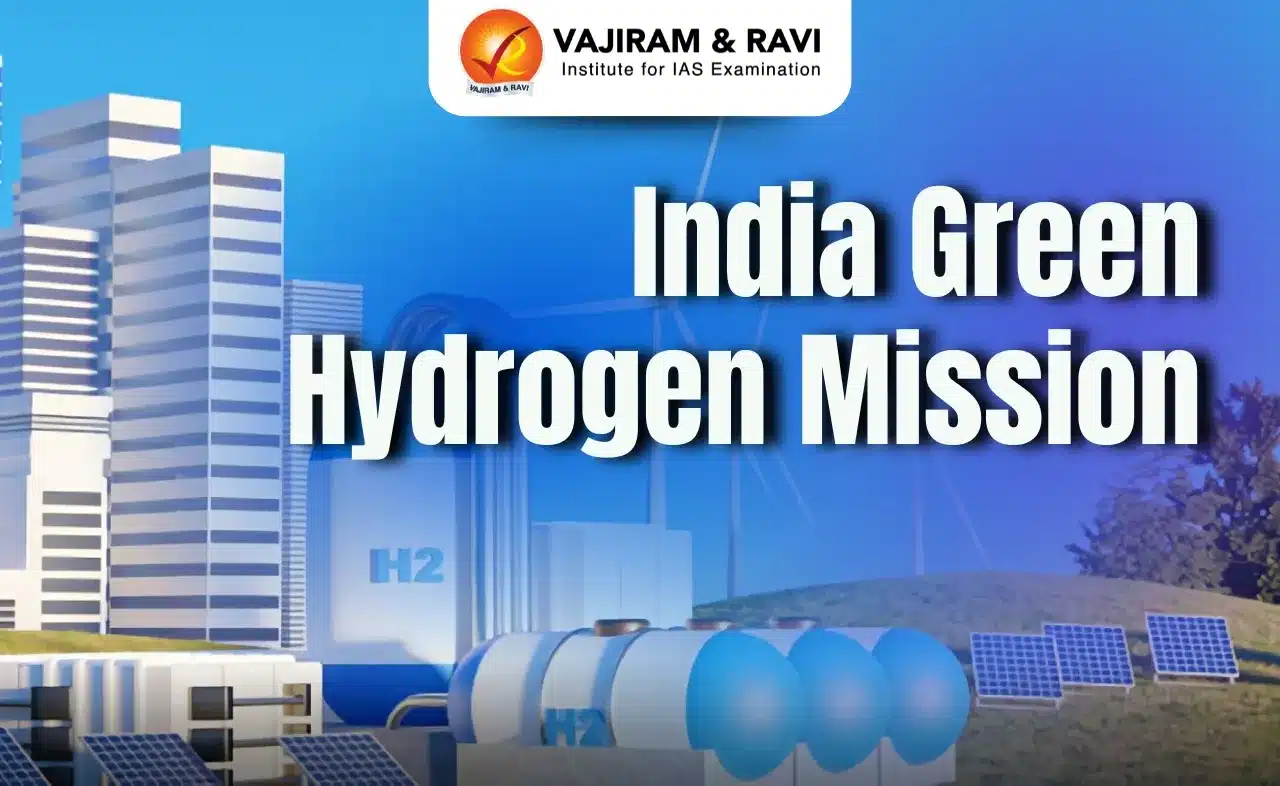What’s in today’s article?
- Why in News?
- What is Deregulation?
- Analysing the Role of Regulation in Key Sectors
- Main Issue Faced by the Indian Economy
- Reforms Suggested for Economic Growth in India
- Conclusion
Why in News?
- Chief Economic Advisor (CEA) V. Anantha Nageswaran announced that deregulation, or easing regulations across sectors, will be a major focus of the upcoming Economic Survey 2024-25.
- Set to be presented alongside the FY26 Budget in February 2024, the survey will explore themes like the role of MSMEs, human capital development, and structural reforms needed to sustain long-term growth.
What is Deregulation?
- Meaning:
- Deregulation involves the removal or reduction of government controls over industries or sectors, fostering competition by opening the market to more players.
- By fostering competition, deregulation enhances the quality of goods and services, benefiting end consumers.
- While it promotes economic growth and investment opportunities, deregulation often includes compliance requirements to ensure fair monitoring and accountability.
- Understanding deregulation: Deregulation has its advocates and critics, with both sides shaping market conditions.
- Proponents: Advocate for free markets. Believe deregulation reduces barriers, enabling businesses to thrive.
- Opponents: Argue for regulatory frameworks to ensure transparency. Aim to prevent financial crises and protect consumer interests, particularly in sensitive sectors like finance.
Analysing the Role of Regulation in Key Sectors:
- Railways: It remains under government control to ensure affordability and accessibility of essential services.
- Financial markets and banking: Highly regulated sectors like finance and banking are monitored to protect investors and maintain customer trust.
- Global examples:
- US: The Securities and Exchange Commission (SEC) ensures accountability and transparency in financial markets.
- India: The Securities and Exchange Board of India (SEBI) performs a similar role in streamlining financial markets.
Main Issue Faced by the Indian Economy:
- Creeping informalisation of the workforce:
- The CEA highlighted a shift in hiring trends post-COVID-19, with companies favoring contractual employees over permanent ones.
- This “creeping informalisation” has led to lower wage growth, which has not kept pace with inflation, thereby dampening consumption.
- Call for wage structure correction:
- Despite wage stagnation, corporate profits have quadrupled in the past four years and are at a 15-year high as a share of GDP.
- To drive consumption-led growth, Nageswaran stressed the need for corporates to address wage disparities.
- He warned that failing to align wage growth with inflation could perpetuate a “self-destructive cycle” of low consumption and savings.
Reforms Suggested for Economic Growth in India:
- Deregulation and gender equality:
- The CEA underscored the role of deregulation in bridging the gender divide in employment.
- He criticized the existence of 118 state-level occupational restrictions for women, advocating for policy changes to improve female labour force participation.
- Examples of change: Women are already excelling in traditionally male-dominated fields such as defence and aviation.
- Therefore, deregulation at state and local levels is crucial to unlocking job opportunities for women.
- Strengthening MSMEs: To enhance manufacturing’s contribution to GDP, Nageswaran emphasised the need to expand MSMEs into medium and large enterprises, learning from Germany and Switzerland.
- Breaking the “Tyranny of Concessions”: Many enterprises intentionally remain small to avail of concessions, limiting their growth potential.
- Target for manufacturing: Increasing manufacturing’s share in GDP to 25% is a priority.
Conclusion:
- The upcoming Economic Survey 2024-25 will focus on addressing systemic issues like wage disparities, deregulation, and MSME growth to ensure sustainable and inclusive economic development.
- While challenges persist, the CEA projects a positive growth trajectory, emphasising reforms to drive consumption and investment.
Q.1. What is informalisation of the workforce and its impact on the economy?
Informalisation of the workforce is a situation where the workforce in the informal sector increases to the total workforce of the country. The economy’s overall productivity falls as corporations lose the incentive to train their staff so that they can better adapt themselves to the demands of the economy.
Q.2. What is the significance of the MSME sector for the Indian economy?
MSMEs contribute more than 29% to the GDP and are responsible for 50% of the country’s total exports and are a major source of employment, particularly in rural and backward areas. They are also accountable for one-third of India’s manufacturing output.
News: Deregulation to be a big theme in upcoming Economic Survey: CEA
Last updated on June, 2025
→ UPSC Notification 2025 was released on 22nd January 2025.
→ UPSC Prelims Result 2025 is out now for the CSE held on 25 May 2025.
→ UPSC Prelims Question Paper 2025 and Unofficial Prelims Answer Key 2025 are available now.
→ UPSC Calendar 2026 is released on 15th May, 2025.
→ The UPSC Vacancy 2025 were released 1129, out of which 979 were for UPSC CSE and remaining 150 are for UPSC IFoS.
→ UPSC Mains 2025 will be conducted on 22nd August 2025.
→ UPSC Prelims 2026 will be conducted on 24th May, 2026 & UPSC Mains 2026 will be conducted on 21st August 2026.
→ The UPSC Selection Process is of 3 stages-Prelims, Mains and Interview.
→ UPSC Result 2024 is released with latest UPSC Marksheet 2024. Check Now!
→ UPSC Toppers List 2024 is released now. Shakti Dubey is UPSC AIR 1 2024 Topper.
→ Also check Best IAS Coaching in Delhi
























